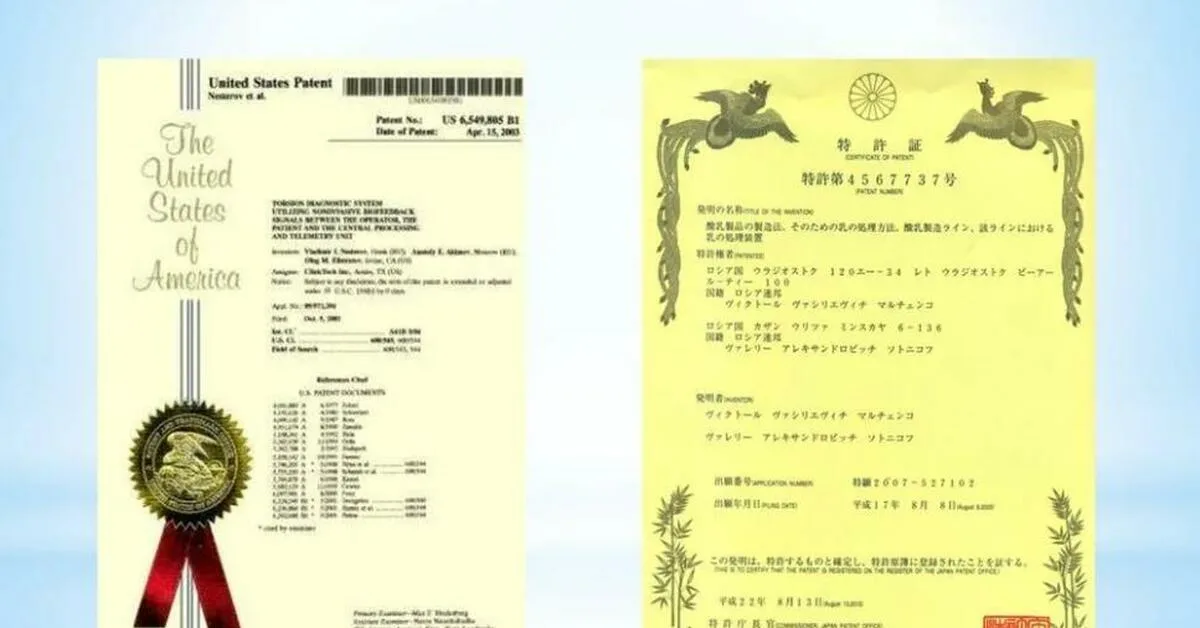During times of economic challenges, budgets are often scrutinized and patent annuities may be one of the first areas to be cut. This knee-jerk reaction can be expensive in the long run.
Fortunately, there are services that specialize in managing patent annuities. These service providers have dedicated staff that can help businesses stay ahead of payment deadlines and navigate country law changes.
They are an annual fee
Patent annuities are yearly fees that patent holders pay to keep their granted and application patents in force. These fees can vary widely from country to country, and the rules and regulations are complex. Patent annuities are often a significant expense for businesses that have patent portfolios in several countries.
If you miss a patent annuity payment, there is a penalty fee of up to six months. It is important to monitor your patent annuities carefully, and consider obtaining a firm that manages patent annuities for you.
While some companies can self-manage their patent annuities for a while, many larger portfolios require the assistance of a third-party patent annuity service provider. Those providers can track and communicate with all the different PTOs and provide cost certainty. They can also help you decide whether to cut a patent or not. This can be a tricky decision, but one that is necessary to keep your business’s costs down.
They are a maintenance fee
In order to keep a patent valid, the owner must pay annuity fees on a regular basis. Failure to do so will cause the patent to lapse, meaning that it no longer protects the inventor’s rights. This can happen for many reasons, including neglect or misunderstandings about when fees are due.
The amount of the annuity fee and its frequency differ from country to country. For example, the European Patent Office (EPO) imposes an annual renewal fee on all patented inventions. These fees must be paid within six months of the fee due date to avoid late payment surcharges.
Businesses that have large patent portfolios usually contract with a third party patent annuity service provider to manage their fees. These firms are able to track and communicate with patent offices around the world, which can help reduce costs. In addition, they can handle the communication of fee information between different patent offices, ensuring that annuity fees are paid on time.
They are a renewal fee
Patent annuities are fees a patent holder must pay to maintain a granted patent in force. They vary by country not only in amount but also in time and frequency of payment. Patent annuities are a necessary part of patenting, but can be very complex and difficult to manage.
A patent owner can either personally manage the payment of patent annuities or rely on a service provider to do it for them. The choice depends on the size of the portfolio and the resources available to the company. Personal management fits best for smaller portfolios with fewer patents and jurisdictions.
If the annuities are not paid, the patent will lapse before its regular expiration date. However, late payment of annuities is possible in some countries up to six months from the deadline with a surcharge. These payments are also known as penalty fees. They can be calculated using new attributes and measures that combine data from 40 patent authorities.
They are a penalty
If you fail to pay patent annuities within the prescribed time limits, your patent will lapse. This will give anyone else the right to use your invention. Moreover, you will be unable to claim any royalties for your invention. In addition, TURKPATENT will issue an official notification that your patent has lapsed.
Patent annuities are government fees that must be paid to maintain the validity of a patent. The United States Patent and Trademark Office imposes these fees on patent applications, and on issued patents three, seven, and eleven years after they are granted.
The first year of annuities is included in the application fee, but thereafter they must be paid each year before the anniversary of the date of filing. In case the payment is not made on time, TURKPATENT will send an official notice that your patent has lapsed. In that case, you must pay late fees within six months after the due date.

